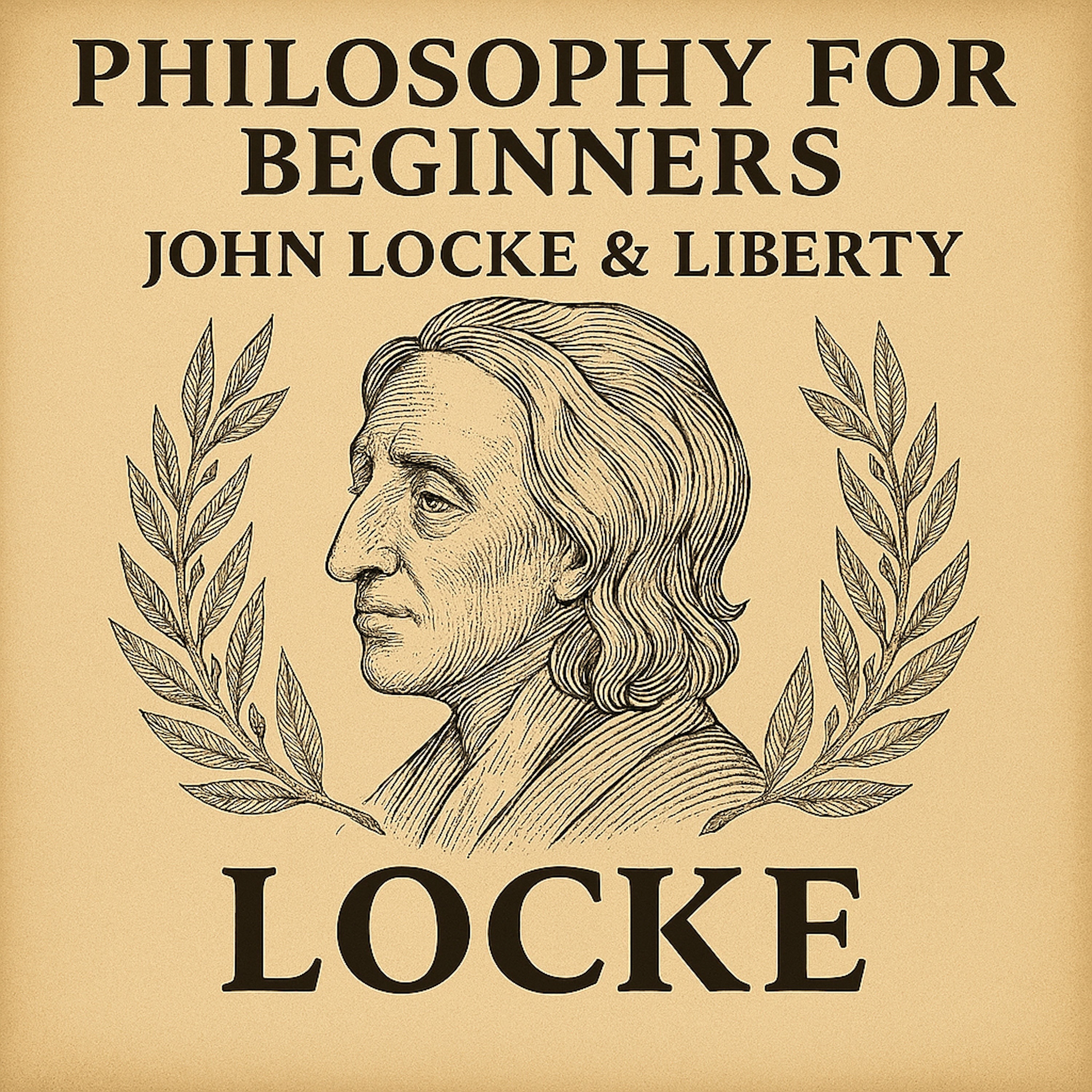John Locke
- Author
- Selenius Media
- Published
- Wed 17 Sep 2025
- Episode Link
- https://rss.com/podcasts/western-moral-philosophy-for-beginners/2218794
In this episode of Philosophy for Beginners, we turn to John Locke (1632–1704), the philosopher of liberty and natural rights. In his Two Treatises of Government, Locke argued that all people are born with rights to life, liberty, and property, and that governments exist only to protect those rights. If rulers become tyrants, the people have the right to resist. His Essay Concerning Human Understanding advanced the idea that the mind is a “blank slate,” shaped by experience and education. Locke’s defense of toleration and consent became a cornerstone of modern democracy and influenced revolutions across the world.
Produced by Selenius Media – Music by The Artificial Laboratory.
